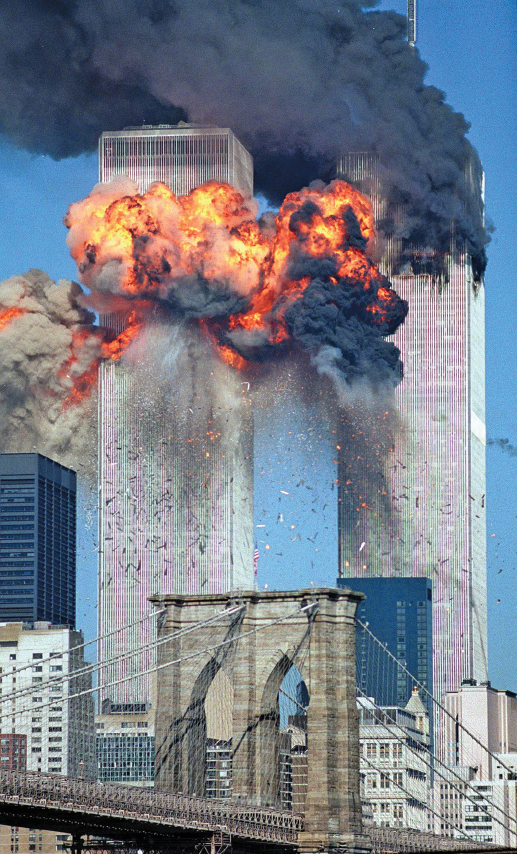How did President George W. Bush change American politics and foreign policy?
Printed Page 950

ALTHOUGH FAILING TO CAPTURE a plurality of the popular vote in 2000, George W. Bush made his mark in domestic policy with key legislation to improve public school education, subsidize prescription drugs for elderly citizens, and greatly reduce taxes for the wealthy. The tax cuts, along with spending on new international and domestic crises, turned the substantial budget surplus that Bush had inherited into the largest deficit in the nation’s history, and a financial crisis near the end of his presidency sent the economy into a recession.
As Islamist terrorism replaced communism as the primary threat to U.S. security, the Bush administration launched a war in Afghanistan in 2001 and adopted a policy of unilateralism and preemption by going to war against Iraq in 2003. Bush won reelection in 2004, but stability in Iraq and Afghanistan remained elusive, and he confronted serious foreign and domestic crises in his second term. Democrats capitalized on widespread dissatisfaction with his administration to gain control of Congress in 2006 and the White House in 2008.
The tax cuts contributed to a mushrooming federal deficit — the highest in U.S. history. In 2009, the deficit surpassed $1 trillion as the government struggled to combat a recession. By then, the national debt had risen to $9.6 trillion, making the United States increasingly dependent on China and other foreign investors, who held more than half of the debt.
CHRONOLOGY
2000
- – George W. Bush is elected president.
2001
- – Terrorists attack World Trade Center and Pentagon.
- – U.S.-led coalition drives Taliban government out of Afghanistan.
- – USA Patriot Act.
- – $1.35 trillion tax cut.
2002
- – No Child Left Behind Act.
- – Department of Homeland Security is established.
2003
- – United States attacks Iraq.
- – Prescription drug coverage is added to Medicare.
2004
- – George W. Bush is reelected president.
2005
- – Hurricane Katrina.
2007
- – Bush begins troop surge in Iraq.
CHAPTER LOCATOR
How did the United States respond to the end of the Cold War and tensions in the Middle East?
How did President Clinton seek a middle ground in American politics?
How did President Clinton respond to the challenges of globalization?
How did President George W. Bush change American politics and foreign policy?
What obstacles stood in the way of President Obama’s reform agenda?
Conclusion: How have Americans debated the role of the government?
 LearningCurve
LearningCurve
Check what you know.